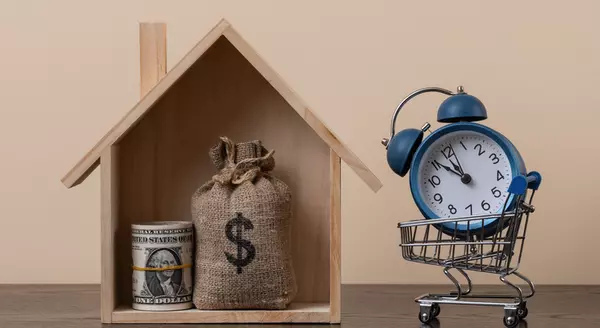
Why More Homeowners Are Giving Up Their Low Mortgage Rate
If you’re like a lot of homeowners, you’ve probably thought: “I’d like to move… but I don’t want to give up my 3% rate.” That’s fair. That rate has been one of your best financial wins – and it can be hard to let go. But here’s what you need to remember...A great rate won’t make up for a home that n

The 3 Housing Market Questions Coming Up at Every Gathering This Season
Whether it’s at a family gathering, your company party, or catching up with friends over the holidays, the housing market always finds its way into the conversation.Here are the top three questions on a lot of people’s minds this season, and straightforward answers to help you feel more confident ab

How To Find the Best Deal Possible on a Home Right Now
Want to know how to find the best deal possible in today’s housing market? Here’s the secret. Focus on homes that have been sitting on the market for a while.Because when a listing lingers, sellers tend to get more realistic – and, more willing to negotiate. And that’s where the savviest buyers are
Categories
Recent Posts










